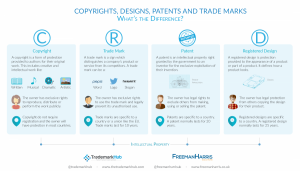Consumers Struggle To Find Accurate Information From Brands Online

Data shows that failing to provide helpful online answers to customer questions could lead to a loss of business, with 47% in a Yext survey saying they were unable to make an online purchase because the website’s help section did not provide the information needed.
Some 24% report frequently purchasing products/services from rival companies because of unhelpful search functions. And 67% believe that customer service matters just as much as product quality.
In November, Yext surveyed 3,000 consumers across Europe, including 1,000 U.K. consumers, and found on average respondents said it takes nearly 9 hours for a typical customer service issue to be resolved. Respondents said resolution should take about 14.5 minutes.
Some 83% of U.K. consumers make an online purchase at least once monthly, the survey found, while 82% said they would be likely to shop elsewhere if they experienced poor customer service and 54% report they have become frustrated when searching on a company’s help site in the past month.
And when it comes to resolving a customer service issue, 60% are unlikely to trust an answer from a third-party blog or website.
Despite all the data suggesting consumers are frustrated with customer service from brands, it’s important to remember that Yext built its business model based on finding the correct answers to solve problems for consumers. If there wasn’t a problem, there wouldn’t be a solution.
Yext’s Answers Platform collects and organizes content into a Knowledge Graph, then leverages a complementary set of products like listings, pages, reviews, and search to deliver relevant answers.
Findings from the study show that consumers are turning to traditional methods such as phone calls and emails to get support. Some 40% of respondents said they would email the company or call customer service if they could not find relevant information on a company’s help site. And 21% said their next step would be to search for the answer via a search engine.
Some 42% of respondents say that help sites do not often provide the answers they look for with a first search.
And the biggest challenge, cited by 61%, is that the help site does not understand their question. Half of respondents said delivering unrelated search results is also a problem, while 33% cited providing out-of-date or inaccurate information and 26% said they had difficulty using the site.
Despite this data being aggregated from U.K. responses, consumers in the U.S. also experience these issues.
(12)
Report Post






